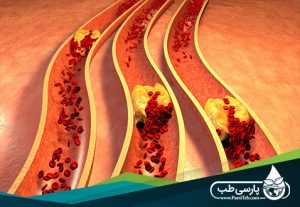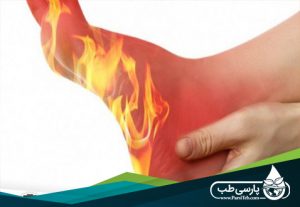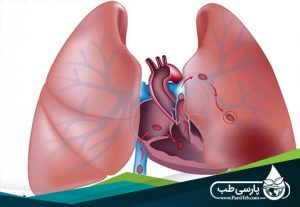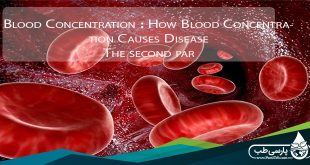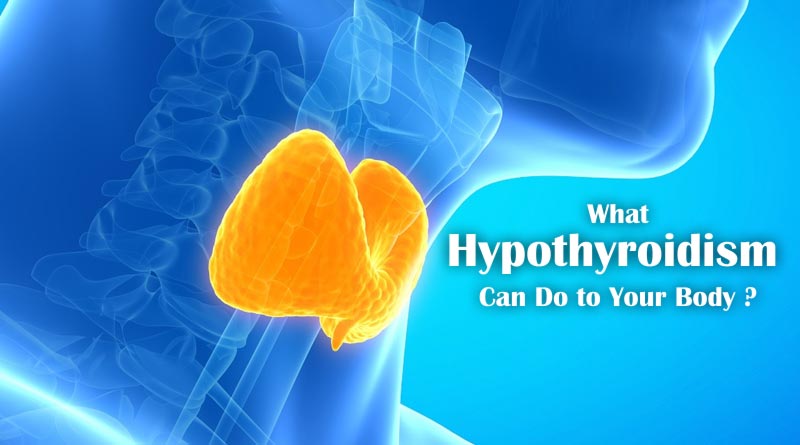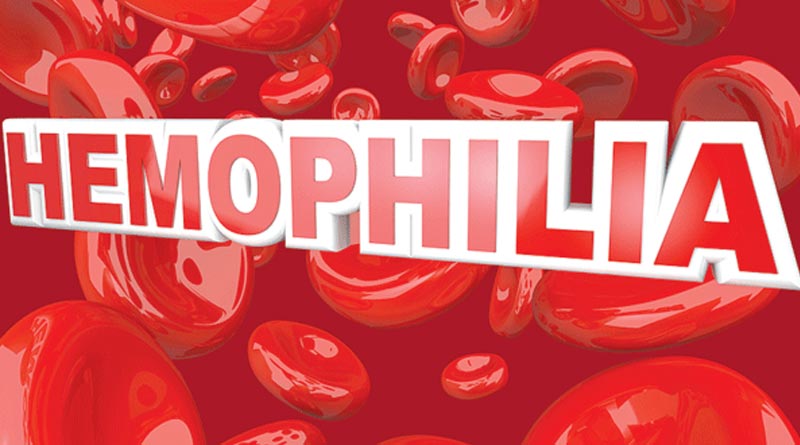Blood concentration :
Red blood cells are cells that carry oxygen to the tissues of the body, and their number varies according to age and sex.
The disease, in which the number of red blood cells per unit volume increases, is called Blood concentration.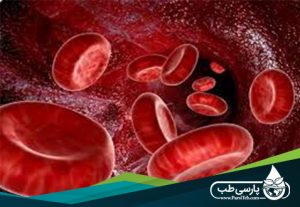
Factor determines Blood concentration
Hemoglobin levels are higher in men than women, and the reason is, after puberty, the presence of hormones in men triggers the hematopoiesis of the body.
Which makes the blood concentration in men two grams higher than women.
Increasing blood pressure results in the following complications:
The Blood concentration in the body slows down the movement of blood in the heart and blood vessels, causing a stroke or heart attack.
- Increase the number of red blood cells
- Creating Blood Concentration
- Reducing blood flow to the organs of the body
- Creating a blood clot
Relationship of Blood Concentration with Blood Pressure
When blood pressure increases, blood pressure is higher than normal:
- Increase heart activity for normal blood supply to the organs
- Thus providing conditions for heart disease
Accumulation of fat particles
The accumulation of fat particles inside the artery wall and their accumulation over time,
caused the formation of plaques in the wall of the vessel and ultimately narrowed and stiffened and hardened the wall,
which is called the atherosclerosis,
which causes the blood to enter tissues.
Arteriosclerosis
If blood concentrations increase:
Reducing the ability of the arteries to transport oxygen and food to the body cells
In this situation, the heart’s hard work is to oxygenate the needy.
Ultimately, these factors contribute to faster atherosclerosis
And if they exist, the risk of developing cardiovascular disease increases.
The accumulation of heavy elements
Increased blood concentration due to excessive presence of heavy elements such as
lead, mercury, zinc and magnesium:
- Stimulation of vascular membranes
- Increased vascular respiration
And thus provides grounds for heart disease
Apoplexy
The higher the pressure in the blood vessels:
- Weakened vessels
- Chance of increased bleeding
Which leads to a stroke
Brain infarction
When brain-damaging veins are severely damaged, blood does not reach the brain cells, and they will die, which is called cerebrospinal fluid, stroke due to stenosis and closure of the brain vessels.
Drowsiness of limbs such as hands and feet, and the creation of slack in them
In conditions of increased blood concentration due to lack of adequate blood supply to these organs:
And if it is for a long time, eventually it will cut off that member.
Increasing blood levels in people with pulmonary disease, causes lung embolism (blood flow obstruction).
Embolism is a blood clot or some fat in the arteries of the lung or tissues of the lungs is called, a blood clot or embolism from blood circulation and passing through the heart to the arteries carry blood to tissues Six Ways and stationed there is, this phenomenon causes.
 Hypoxemia
Hypoxemia
The human body needs oxygen to survive, not only to keep the breathing in. But also the circulation of oxygen through the blood that transports oxygen to all the vital organs of the cells and tissues in the body. If blood levels are high, there is a condition in which the body does not have enough oxygen and is known as hypoxemia.
Asthma
With increased blood levels, adiponectin levels are reduced. Reducing levels of adiponectin in patients with a significant positive correlation with asthma severity indices.
In other words, in patients with asthma, the severity of the disease increases from mild to moderate, the concentration of adiponectin decreases.
heart failure
If blood pressure increases, blood pressure will increase, which will increase the left ventricular thickness of the heart and increase left ventricular thickness from 12 mm to 15 mm, leading to left ventricular diastolic disorder and heart failure, ndicating that it is shortness of breath during.
 Parsi Teb Physical and Mental Health Journal
Parsi Teb Physical and Mental Health Journal 
